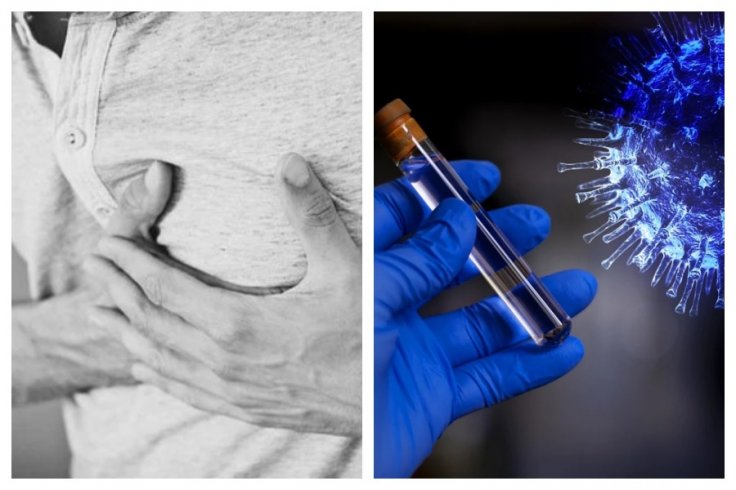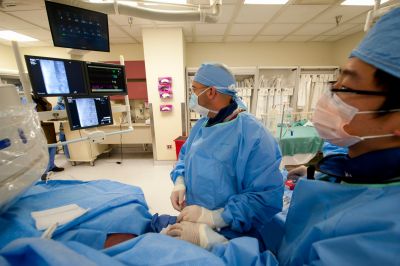Johns Hopkins researchers are trying to identify which COVID-19 patients are at risk of adverse cardiac events such as heart failure, sustained abnormal heartbeats, heart attacks, cardiogenic shock and death using machine learning.
Increasing evidence of COVID-19's negative impacts on the cardiovascular system highlights a great need for identifying COVID-19 patients at risk for heart problems, the researchers say. However, no such predictive capabilities currently exist. The team recently received a $195,000 Rapid Response Research grant from the National Science Foundation.

"This project will provide clinicians with early warning signs and ensure that resources are allocated to patients with the greatest need," says Natalia Trayanova, the Murray B. Sachs Professor of Biomedical Engineering at the Johns Hopkins University Schools of Engineering and Medicine and the project's principal investigator.
Training the Algorithm
The Johns Hopkins Health System (JHHS) will collect the following data from more than 300 COVID-19 patients admitted so far with ECG, cardiac-specific laboratory tests, continuously-obtained vital signs like heart rate and oxygen saturation, and imaging data such as CT scans and echocardiography. This data will be used to train the algorithm.
The researchers will then test the algorithm with data from COVID-19 patients with heart injury at JHHS, other nearby hospitals and perhaps some in New York City. They wanted to create a predictive risk score that can determine up to 24 hours ahead of time which patients are at risk of developing adverse cardiac events.


"By predicting who's at risk for developing the worst outcomes, health care professionals will be able to undertake the best routes of therapy or primary prevention and save lives," says Trayanova, whose work focuses on bringing engineering approaches to the clinical realm, is hopeful that this project will augment the role of engineering in helping patients live longer and lead healthier lives.
This project will shed more light on how COVID-19-related heart injury could result in heart dysfunction and sudden cardiac death, which is critical in the fight against Coronavirus. The project will also help clinicians determine which biomarkers are most predictive of adverse clinical outcome.









